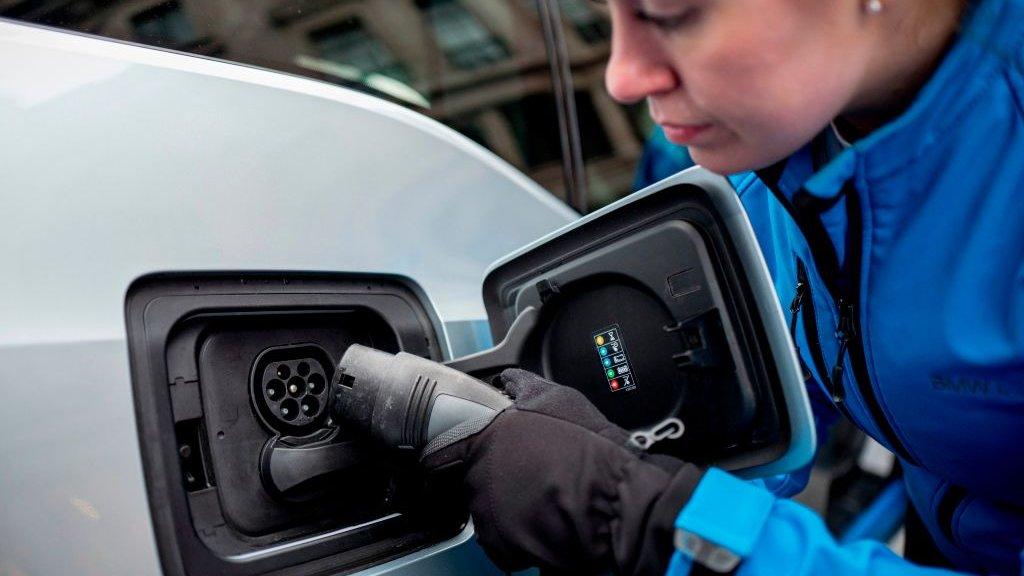Porsche stops making diesel cars after VW emissions scandal
- Published
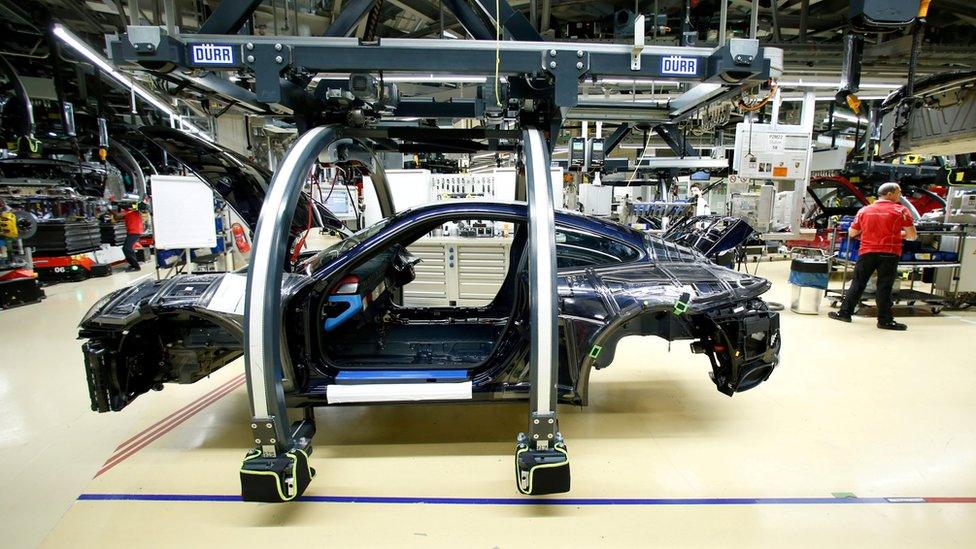
Porsche's CEO said customers who already have diesel cars will continue to be served
The German carmaker Porsche says it will stop making diesel cars, and concentrate on petrol, electric and hybrid engines instead.
It follows a 2015 scandal in which its parent company, Volkswagen, admitted it had cheated emissions tests for diesel engines.
Diesel cars over a certain age have been banned in parts of some German cities in a bid to cut pollution.
The Porsche chief executive said the company was "not demonising diesel".
"It is and will remain an important propulsion technology," Oliver Blume said.
"We as a sports car manufacturer, however, for whom diesel has always played a secondary role, have come to the conclusion that we would like our future to be diesel-free.
"Petrol engines are well suited for sporty driving."
Existing diesel car customers would continue to be served, he said.
Porsche did not build its own diesel engines, preferring to use Audi ones.
"Nevertheless, Porsche's image has suffered, Mr Blume said.
"The diesel crisis caused us a lot of trouble."
A German public prosecutor fined Volkswagen €1bn (£900m) earlier this year, after finding the company had sold more than 10 million cars with emissions-test cheating software installed, between 2007 and 2015.
The company had already set aside $30bn (£23bn) to settle fines, compensation and buying back cars in the US.
Porsche is understood to be developing a fully-electric luxury car, with a multi-billion euro investment.
The first car ever designed by its founder, in 1898, was electric. It was rediscovered in a garage a few years ago.
The company's first diesel car was sold just 10 years ago.
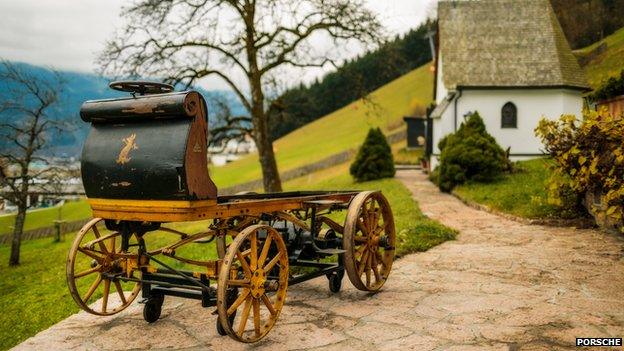
This is the first Porsche-designed vehicle, which had been stored in an Austrian garage since 1902
- Published28 January 2014
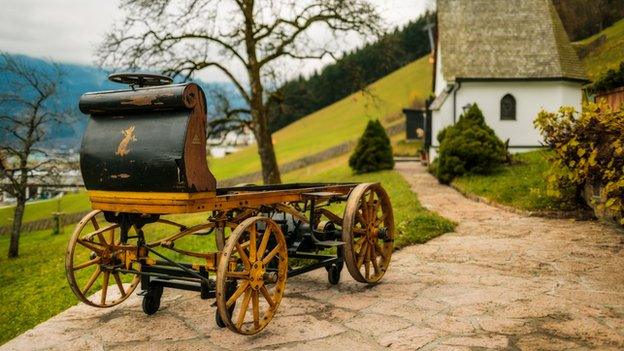
- Published10 December 2015
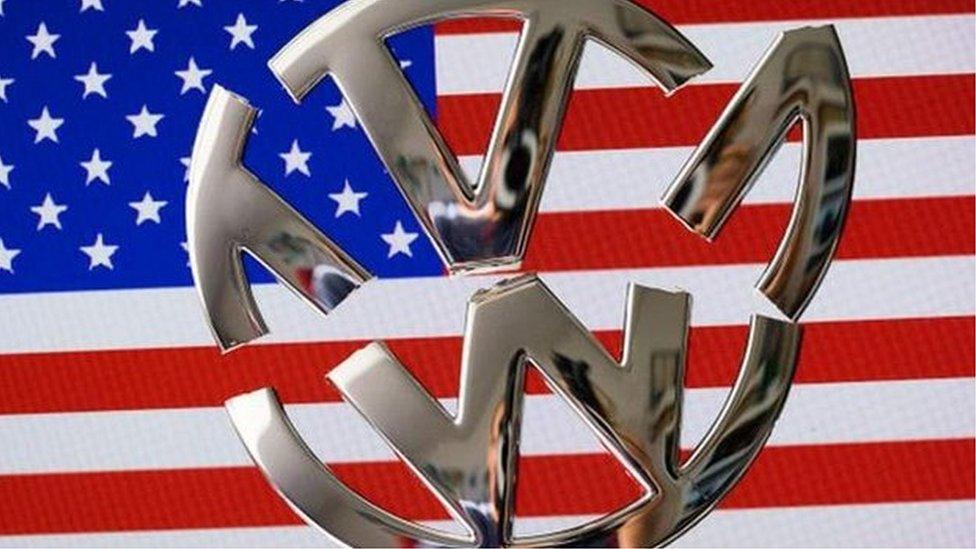
- Published18 September 2018
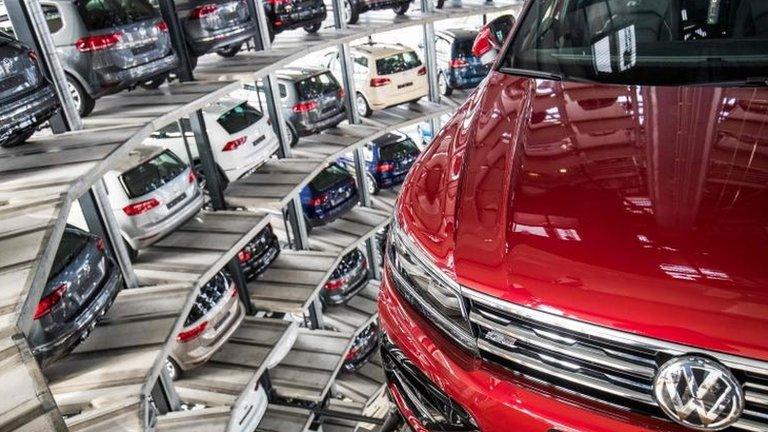
- Published14 August 2018
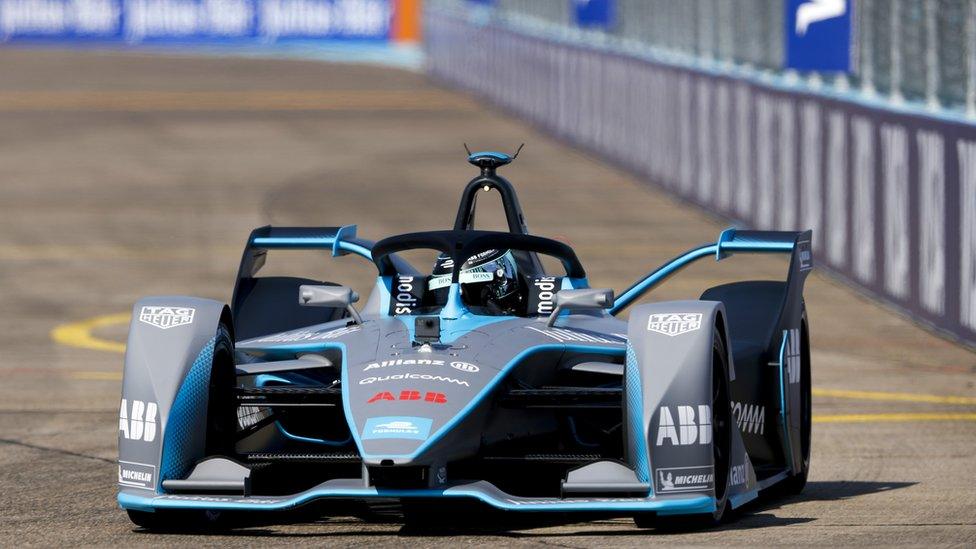
- Published12 July 2018
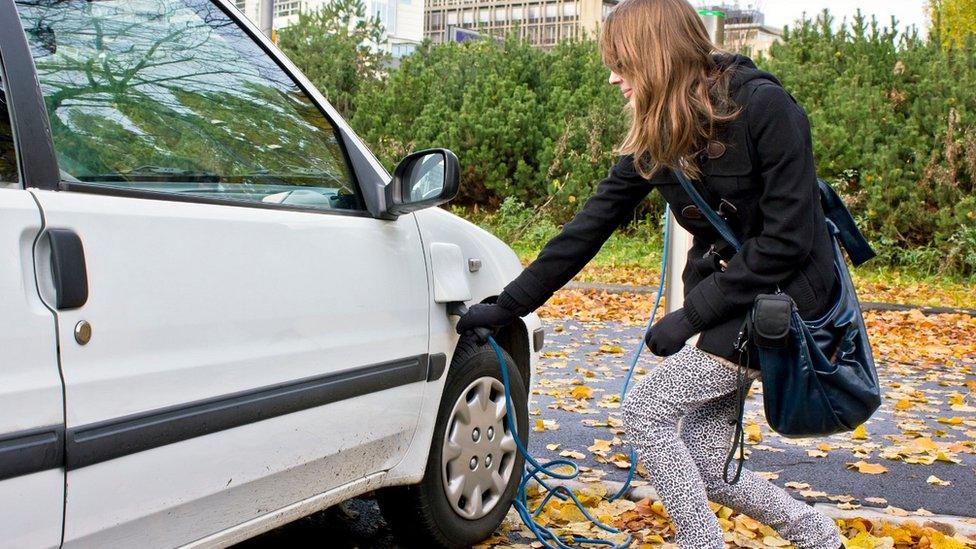
- Published13 June 2018
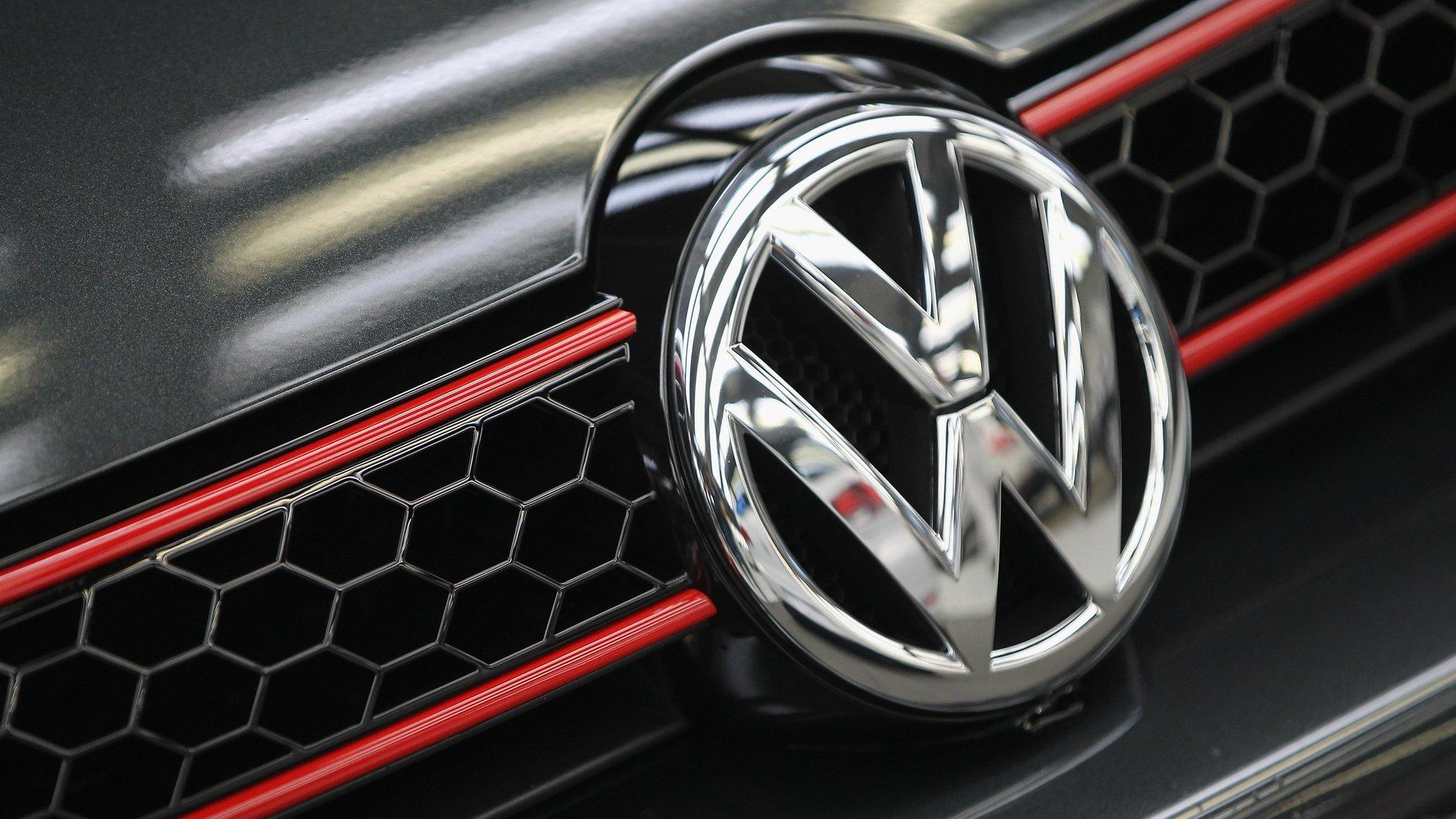
- Published5 September 2018
